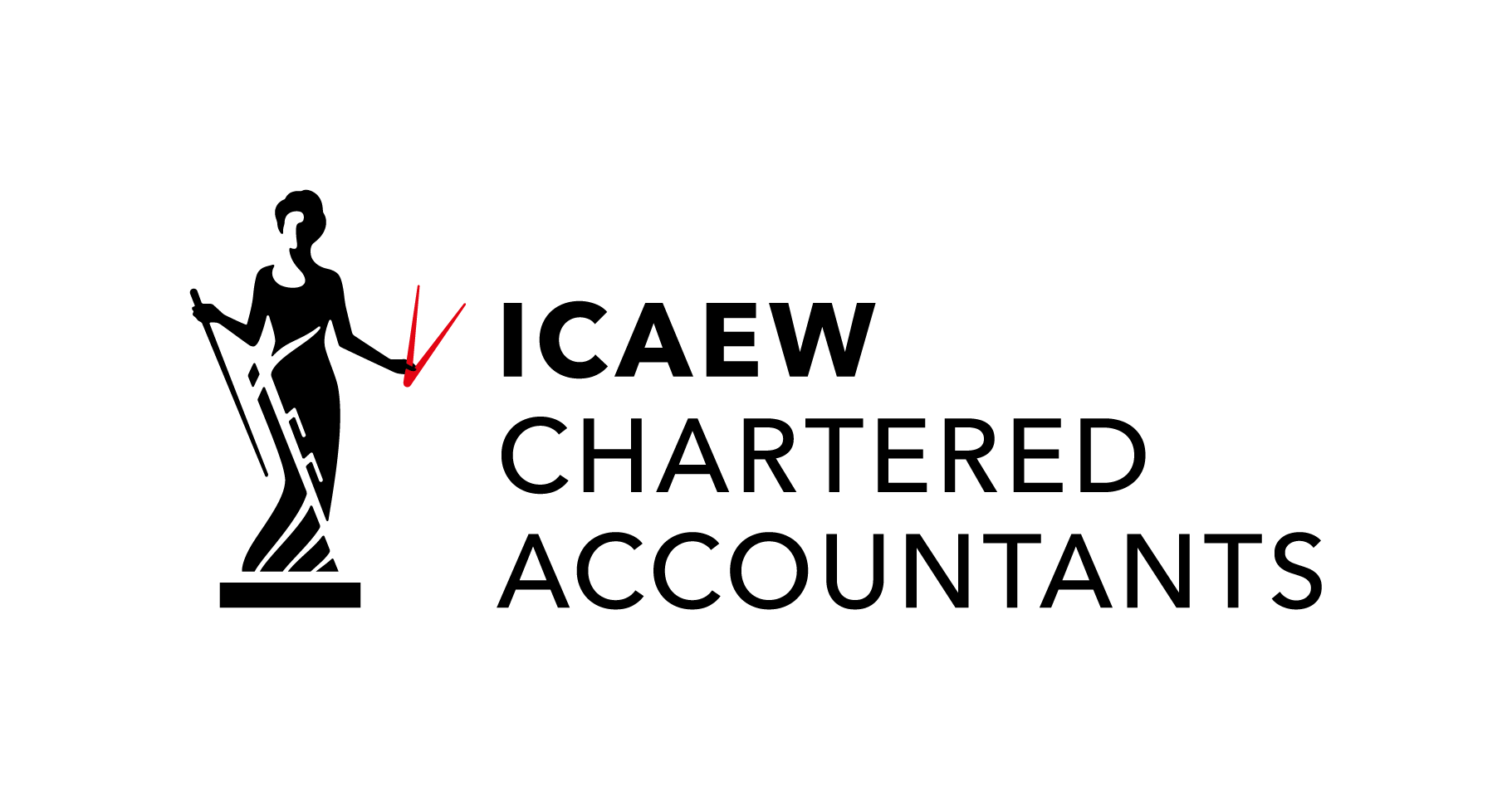
“Partnership taxation requires precision and planning. At Holland & Co, we help partners meet every compliance obligation while maximising tax efficiency, ensuring profits, capital gains, and ownership structures are managed correctly. Our expertise brings clarity, fairness, and long-term stability to your partnership’s financial and legal framework.”
— Nigel Holland, Principal, Holland & Co Chartered Accountants
Partnership taxation in the UK is governed primarily by the Income Tax (Trading and Other Income) Act 2005, the Taxes Management Act 1970, and the Partnership Act 1890. These pieces of legislation collectively set out how profits are assessed, how responsibilities are shared, and how partnerships are treated for tax and legal purposes.
Under the Partnership Act 1890, a partnership is defined as “the relation which subsists between persons carrying on a business in common with a view of profit.” Although a partnership can trade under a business name, it is not a separate legal entity (except in Scotland). This means that partners are jointly and severally liable for the debts and obligations of the business.
For tax purposes, the Income Tax (Trading and Other Income) Act 2005 (ITTOIA 2005) outlines that while a partnership must prepare accounts and submit a Partnership Tax Return (Form SA800), it is the individual partners who are taxed on their respective shares of the profits or losses. The allocation is usually based on the partnership agreement; if no agreement exists, profits and losses are shared equally, as per section 24 of the Partnership Act 1890.
Each partner’s share of profits is included on their Self Assessment Tax Return (Form SA100), and income tax is payable under the standard rates applicable to individuals.
Partners who are also subject to Class 2 and Class 4 National Insurance Contributions (NICs) must ensure these are accounted for correctly — a common area where HMRC focuses during compliance checks.
Capital gains within a partnership are governed by the Taxation of Chargeable Gains Act 1992 (TCGA 1992). Each partner is treated as disposing of their fractional interest in any asset sold, rather than the partnership being taxed as a whole. This means that reliefs such as Business Asset Disposal Relief (formerly Entrepreneurs’ Relief) may be available to individual partners, depending on their ownership and involvement in the business.
At Holland & Co Chartered Accountants, we assist partnerships in ensuring full compliance with these legislative requirements. Our services include:
-
-
-
Preparation of Partnership Tax Returns (SA800) and partners’ individual Self Assessments.
-
Calculation and allocation of profits and capital allowances in accordance with ITTOIA 2005.
-
Advising on profit-sharing ratios and drawings to optimise tax efficiency.
-
Guidance on changes in partnership structure, including the admission or retirement of partners, and the resulting tax consequences.
-
Capital gains and inheritance tax planning, ensuring that reliefs under TCGA 1992 and the Inheritance Tax Act 1984 are fully utilised.
-
-
We also draft bespoke partnership agreements that clearly define each partner’s rights and obligations. These documents address capital contributions, profit allocations, dispute resolution, and dissolution procedures. By aligning these agreements with both commercial objectives and tax legislation, we help ensure fairness, transparency, and long-term stability.
Our role is not only to ensure HMRC compliance but also to use the flexibility of partnership structures to maximise tax efficiency and safeguard the interests of all partners — creating a strong foundation for sustainable business growth.
